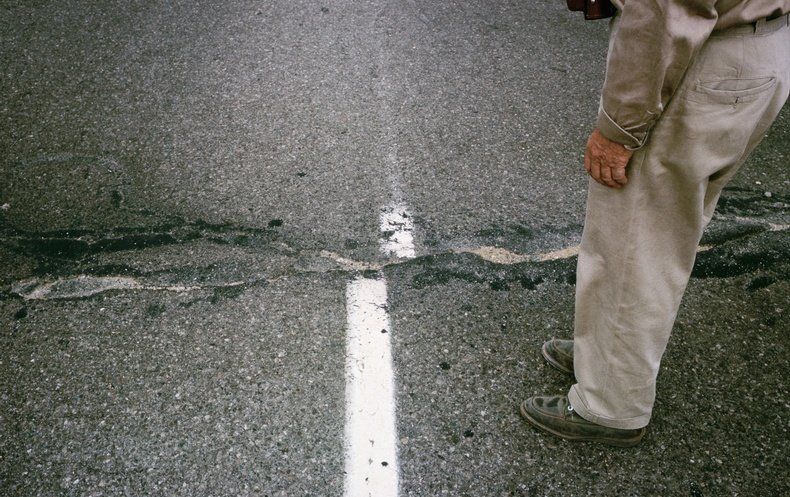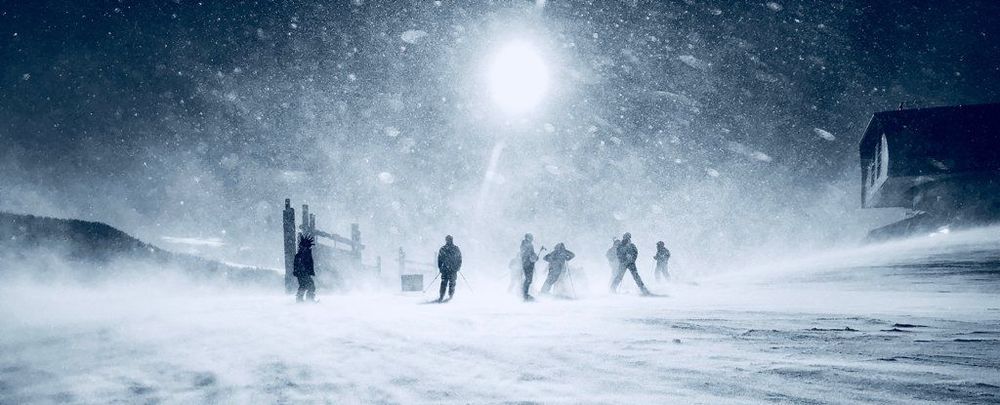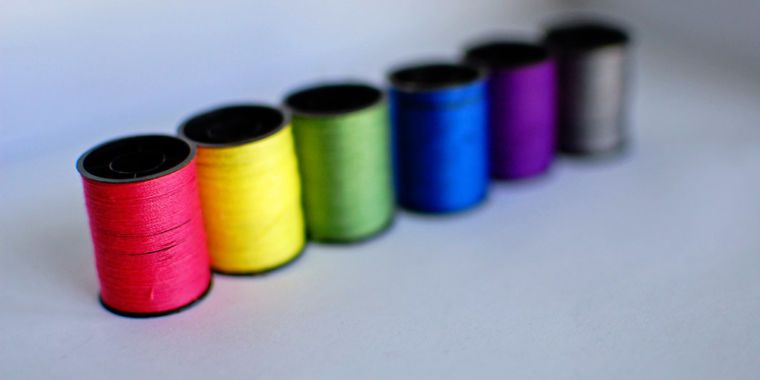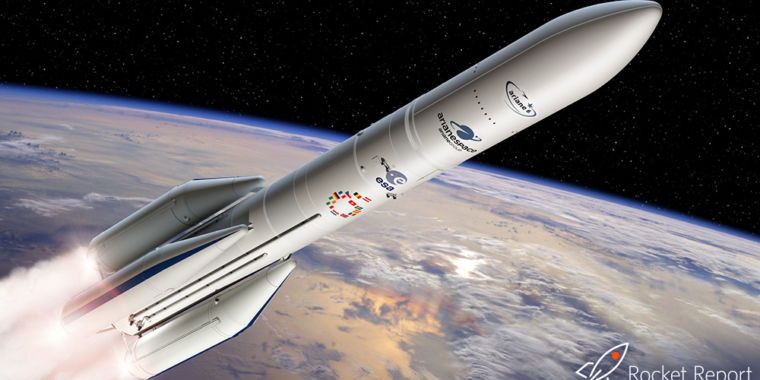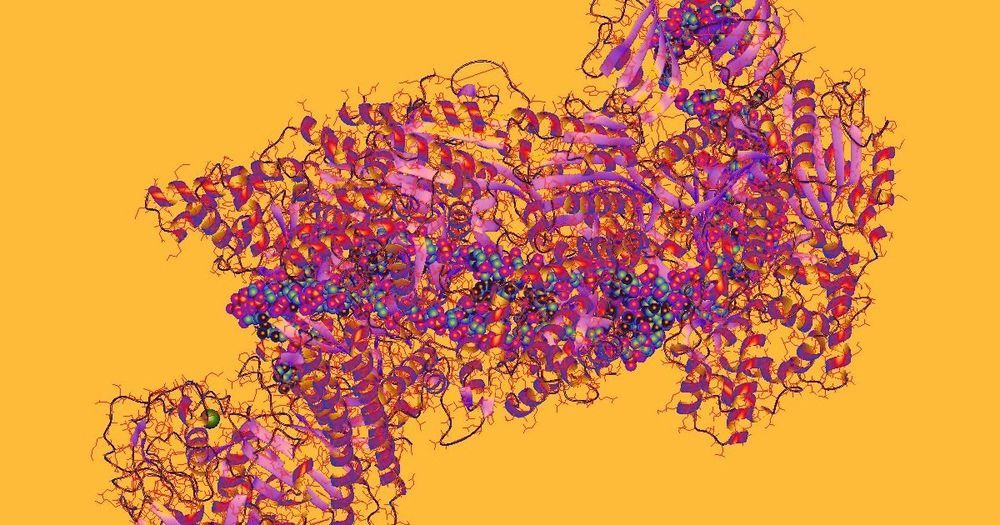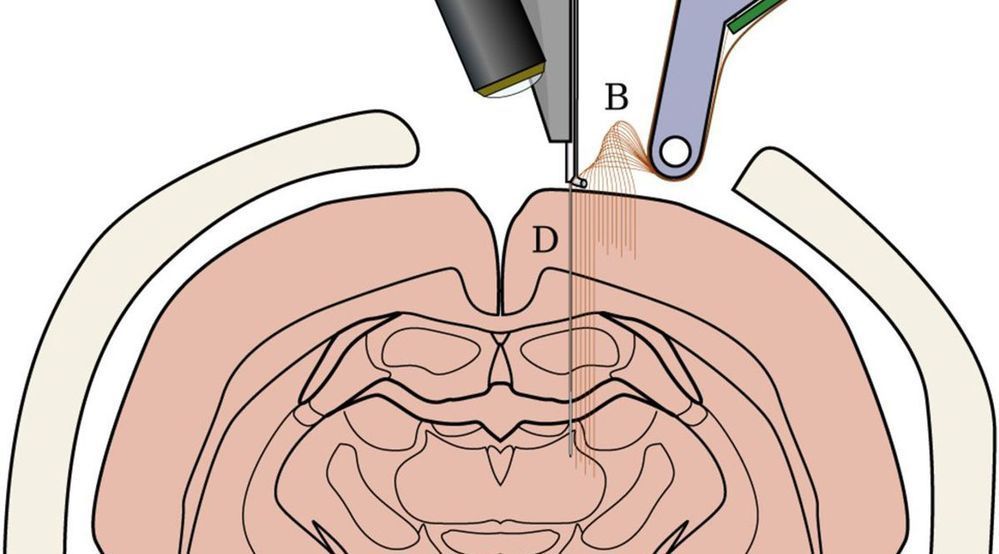Page 8844
Apr 19, 2019
This Genetic Mutation Makes People Feel Full — All the Time
Posted by Genevieve Klien in category: genetics
Two new studies confirm that weight control is often the result of genetics, not willpower.
Apr 19, 2019
A Genius First-of-Its-Kind Device Has Created Electricity From Snowfall
Posted by Genevieve Klien in categories: materials, particle physics
Scientists have developed a first-of-its-kind device that generates electricity from nothing other than the natural phenomenon of snowfall.
Based upon the principles of the triboelectric effect, in which electrical charge is generated after two materials come into contact with one another, the researchers’ new technology exploits the fact that snow particles carry a positive electrical charge.
Because of that, snowflakes give up electrons, provided they get a chance to interact with the right, negatively charged substance.
Continue reading “A Genius First-of-Its-Kind Device Has Created Electricity From Snowfall” »
Apr 19, 2019
Microsoft buys Express Logic, adds a third operating system to its IoT range
Posted by Genevieve Klien in category: computing
Apr 19, 2019
Rocket Report: A new Delta 2, Blue Origin inks with NASA, a fiery Falcon Heavy
Posted by Genevieve Klien in category: space travel
Apr 19, 2019
The US Has Officially Started Using CRISPR on Humans
Posted by Genevieve Klien in categories: biotech/medical, futurism
On Monday, a UPenn spokesperson confirmed to NPR that the institution’s researchers have officially started using CRISPR on humans — marking a national first that could lead to a more widespread use of the technology in the future.
Last Resort
The spokesperson told NPR that the UPenn team has thus far used CRISPR to treat two cancer patients, one with multiple myeloma and one with sarcoma. Both had relapsed after standard cancer treatments.
Continue reading “The US Has Officially Started Using CRISPR on Humans” »
Apr 19, 2019
Undersea Robot To Rescue The Great Barrier Reef
Posted by Florence Nsiah in category: robotics/AI
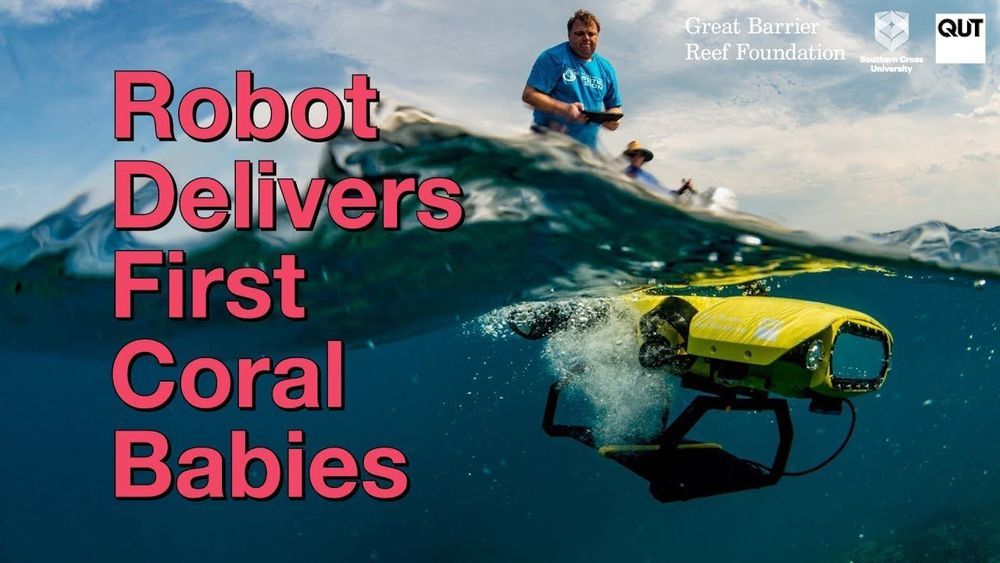
A pair of Australian scientists have built an undersea robot to save the Great Barrier Reef.
A newly developed undersea robot could help researchers reverse the drastic coral collapse that has occurred on the Great Barrier Reef in recent years.
Continue reading “Undersea Robot To Rescue The Great Barrier Reef” »
Apr 19, 2019
Scientists restore some functions in a pig’s brain hours after death
Posted by Narenda Har in categories: biotech/medical, genetics, neuroscience
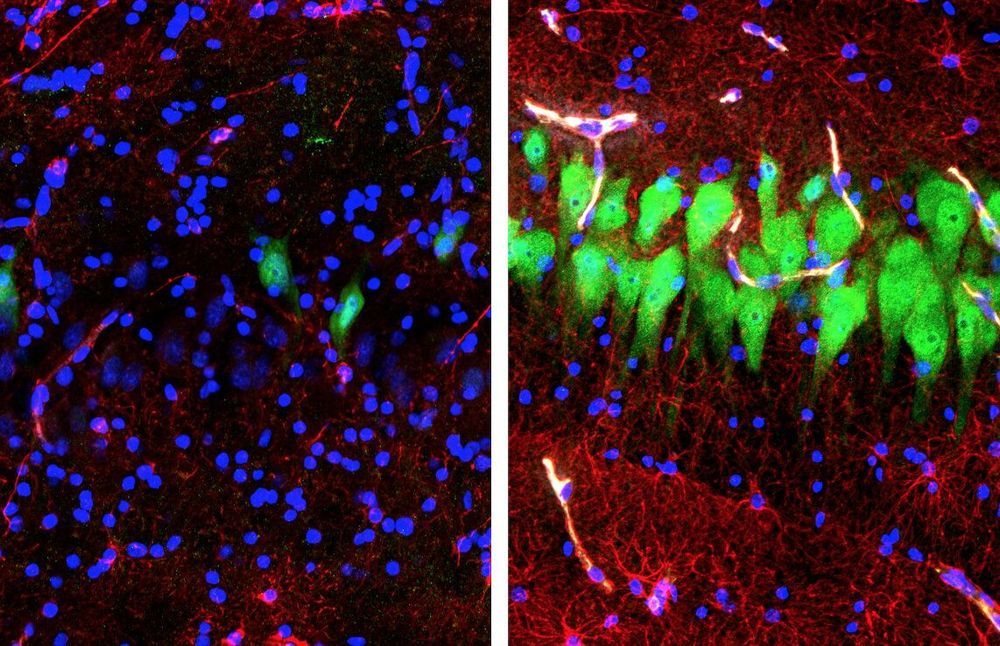
Circulation and cellular activity were restored in a pig’s brain four hours after its death, a finding that challenges long-held assumptions about the timing and irreversible nature of the cessation of some brain functions after death, Yale scientists report April 18 in the journal Nature.
The brain of a postmortem pig obtained from a meatpacking plant was isolated and circulated with a specially designed chemical solution. Many basic cellular functions, once thought to cease seconds or minutes after oxygen and blood flow cease, were observed, the scientists report.
Continue reading “Scientists restore some functions in a pig’s brain hours after death” »
Apr 18, 2019
Team Linked to Elon Musk Edges Closer to Brain Computers
Posted by Klaus Baldauf in categories: computing, Elon Musk, neuroscience
Apr 18, 2019
Fit to drive? The car will judge
Posted by James Christian Smith in categories: electronics, robotics/AI, transportation
However, we are not there yet and we have to take it step-by-step, says Dr Anna Anund from the Swedish National Road and Transport Research Institute (VTI). She and her team are developing sensor-based systems as part of the ADAS&ME project to move towards level three, in which the driver can rest and would only be expected to drive when the car requests it.
When you’re sleepy, stressed or have had a few drinks, you’re not in the best position to drive – or even make that decision. But automated cars could soon make that call for you.
